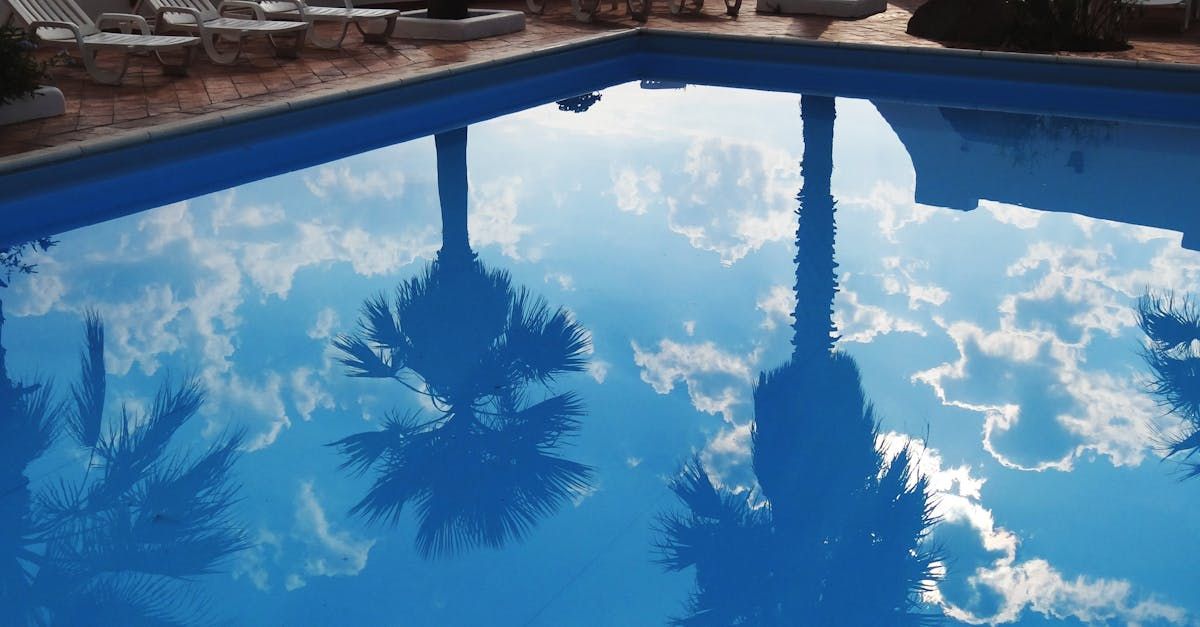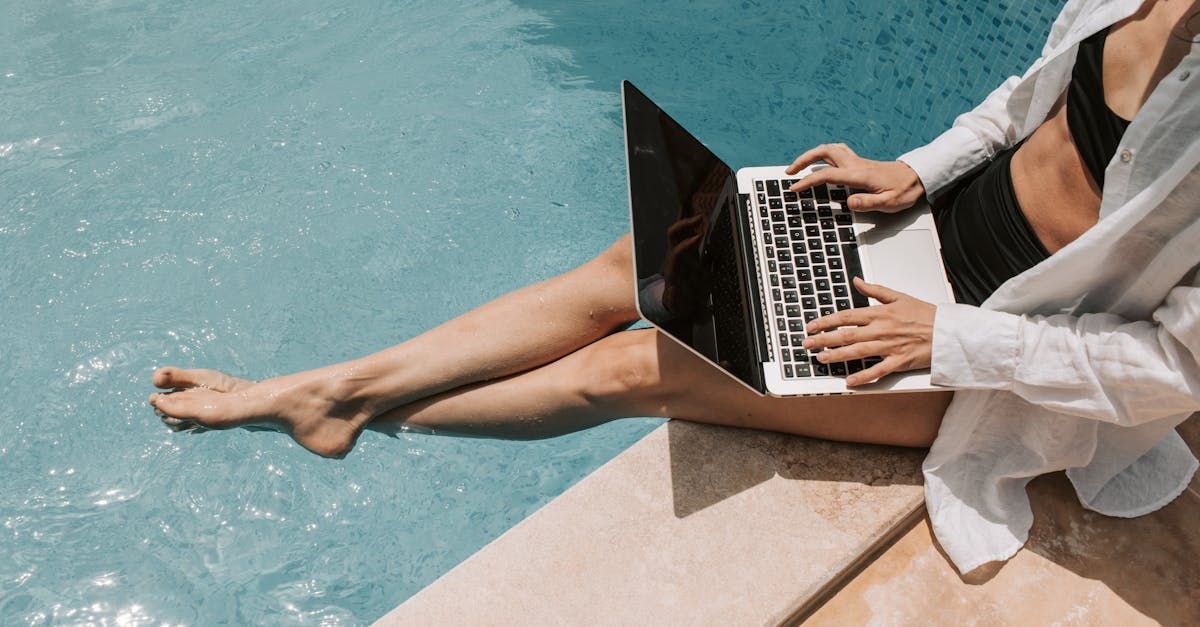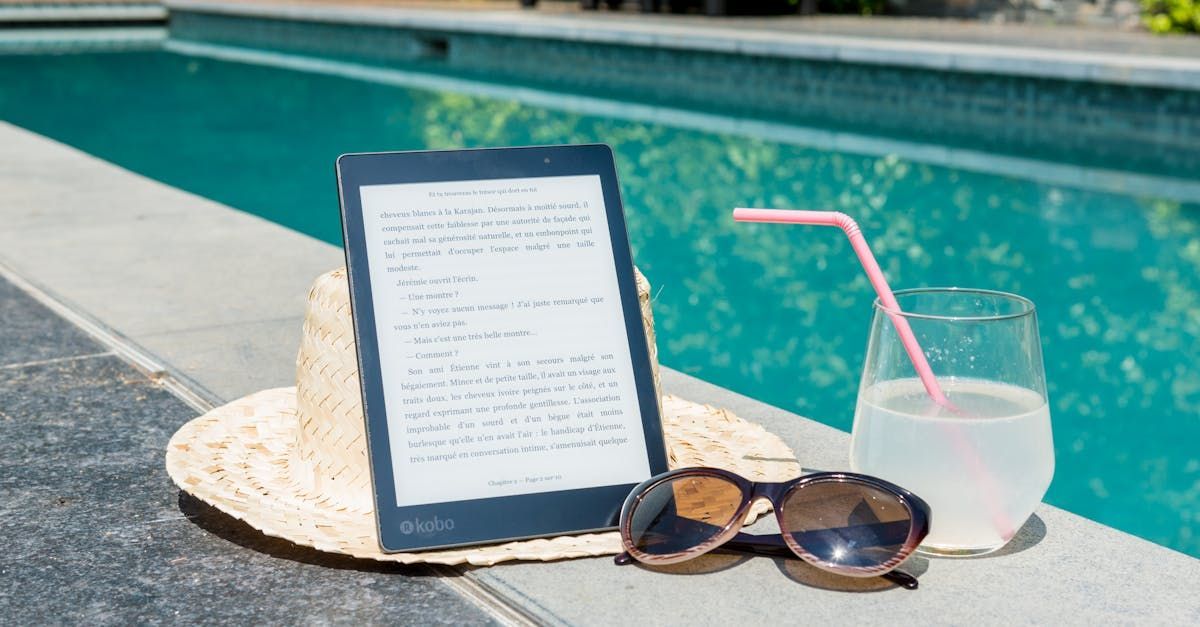Pool Investment: Factors Impacting Costs
Pool Investment: Understanding the Factors that Impact Cost

Installing a pool is a dream for many homeowners. It can provide a personal oasis, enhance your property's aesthetic appeal, and even increase your home's value. Great Escapes Custom Pools, with over 50 years of experience crafting backyard paradises in sunny Florida, understands that taking the plunge into pool ownership is a significant investment. Therefore, it's crucial to recognize the various factors influencing the cost of your pool project. Here are some key elements to consider:
Custom Design
Your pool's design is perhaps the most influential factor in planning your budget. At Great Escapes Custom Pools, we tailor each project to your unique style and taste. Whether you desire a modern, minimalist pool or a lush tropical getaway, each detail from size, shape, depth, and additional design features like tanning ledges or infinity edges can affect the final cost.
Quality Materials
The materials you select for your pool play an essential role in determining its longevity and appearance. From the interior finish, like plaster or pebble tec, to the type of tile and decking materials, higher quality materials not only last longer but also contribute to the overall cost of your pool construction.
Water Features
Incorporating water features such as waterfalls, fountains, bubblers, or a spa can transform your pool into a stunning focal point of outdoor leisure. However, these enhancements require additional materials and labor, impacting the overall investment required for your backyard oasis.
Additional Amenities
Outdoor living spaces and poolside amenities enhance your swimming pool experience. Features like outdoor kitchens, fire pits, seating areas, and landscape lighting add to the ambiance but also add to the cost. Each element requires careful planning, materials, and installation, reflecting in your pool budget.
Technology and Equipment
Energy-efficient pumps, automated cleaning systems, and heating options bring comfort and convenience, ensuring your pool remains pristine with minimal effort. While investing in high-quality, technologically-advanced equipment might elevate initial costs, it can provide long-term savings through reduced energy bills and maintenance costs.
Site Preparation
Before construction begins, the site must be prepared. This includes clearing vegetation, grading the land, and addressing any access issues to the backyard. Site preparation can vary significantly in cost depending on the current state of your backyard and the complexity of the work required.
Permits and Regulation Compliance
The costs associated with securing the necessary building permits and ensuring your pool meets all local regulations and zoning laws can add to your total investment. At Great Escapes Custom Pools, we handle the permitting process, staying current with all regulations to provide peace of mind and a hassle-free experience.
Professional Expertise
Choosing a reputable and experienced pool builder like Great Escapes Custom Pools ensures that you receive quality workmanship, thorough attention to detail, and exceptional customer service. Investing in professional expertise guarantees that your pool is built to last, safe to use, and a valuable addition to your property.
In conclusion, numerous factors impact the cost of installing your dream pool. It's not just about the pool itself but the design, materials, craftsmanship, and additional features that create a complete outdoor living experience. Great Escapes Custom Pools is dedicated to providing transparent pricing and working with you to create a backyard retreat that fits your budget without compromising on quality. Contact us today to get an estimate and start your journey toward the ultimate escape right in your backyard.






